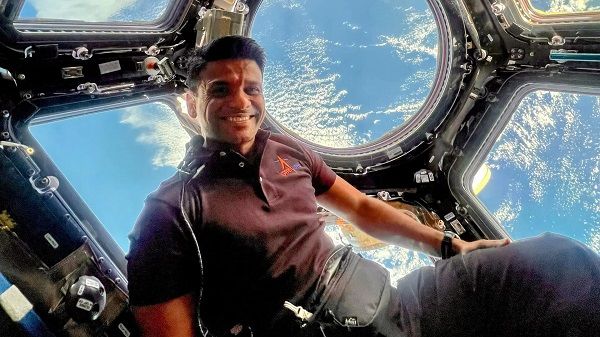
New Delhi . Indian Astronaut Shubhanshu Shukla has completed 10 days of Space Travel. He is the first Indian to reach ISS (ISS) and second Indian after Rakesh Sharma, who travels space. In the ISS, he has worked on such experiments which can prove to be very important in the direction of living on the moon, Mars or any other planet in future. This includes the possibilities of germination of seeds in the space, oxygen and food forming, from the weakening of the muscles, the space.
Shubhanshu Shukla will return to Earth on 10 July, just 14 days after ISS arrives. Shukla’s mission is not just a scientific experiment, but is preparing to take human civilization beyond the earth.
Effect of microgravity on muscles
Shubhanshu’s most important experiment in space was on ‘Myogenesis’, which was tested as to how and why the body’s muscles become quick without gravity. Shubhanshu recorded data at cellular and molecular levels, which can develop better workouts or medicines for future space missions.
Space cultivation in space
Under the sprout project, Shubhanshu worked on the irrigation and germination process of seeds. Its purpose is to understand how plants grow in space? These seeds will be grown on Earth after mission, so that it can be ascertained what effect the space has on the genetics and nutrition of the plants.
Oxygen and food from micro algi
Shukla has installed samples of Micro Elgy in Space Micro Algae (Space Micro Algae) experiment. These algi can become a source of oxygen, food and even bio-fuel in the future space station or moon/Mars colony.